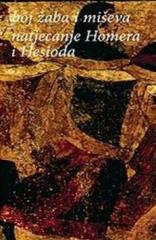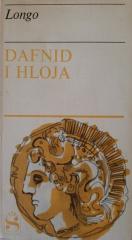
Eneida
The Aeneid is a Roman epic poem written between 29 and 19 BC, celebrating the origins of Rome through the adventures of the Trojan hero Aeneas. Divided into 12 books, the epic follows Aeneas, a Trojan who, after the fall of Troy, is destined to set out on
After the Trojan War, Aeneas, son of Anchises and the goddess Venus, flees with a group of refugees. The goddess Juno, who hates the Trojans, causes storms and misfortunes, but Jupiter ensures Aeneas' destiny to found Rome. In the first books, Aeneas travels the Mediterranean, experiencing shipwrecks and visiting Carthage. There, he falls in love with Queen Dido, but at the behest of the gods, he abandons her, leading to her tragic suicide. In the sixth book, Aeneas descends into the underworld, where the spirit of Anchises reveals to him the future of Rome and its descendants.
The second part of the epic focuses on Aeneas in Italy, where he seeks land for a new city. He comes into conflict with local tribes, especially Turnus, king of the Rutulians, who wants to prevent Aeneas from marrying Lavinia, daughter of King Latinus. The epic culminates in a war between the Trojans and the Italians, with a dramatic duel between Aeneas and Turnus, in which Aeneas is victorious.
Virgil combines myth, history, and Roman values, celebrating piety (pietas), courage, and destiny. The Aeneid is a masterpiece of world literature, influential on Dante, Milton, and others, and celebrates Roman identity and the rule of Augustus.
One copy is available





